Cardiology in Indore
Specialized Cardiology Solutions for Optimal Heart Wellness
Welcome to our Cardiology Hospital in Indore, where we specialise in delivering comprehensive cardiac care. Our highly skilled team offers a wide range of cardiology treatments and services, ensuring the expert management of your heart health.
Non-Invasive Cardiology
Within our Non-Invasive Cardiology department, we conduct a range of tests to assess your heart's condition. Standard tests include ECG, Echo, TMT, and Holter monitoring, while our specialised assessments encompass Contrast Stress Echocardiography, Dobutamine Stress Echocardiography, Trans-Esophageal Echocardiography, Bubble Echo Study, and Myocardial Viability by Echo Study, offering a comprehensive evaluation of your heart's health.
Interventional Cardiology
In our Interventional Cardiology division, we adhere to a structured approach to address patients with ischemic heart disease and structural heart disease. Our procedures encompass Angioplasty, Valvular Intervention including non-surgical replacement of Aortic Valve (TAVI), Intracoronary Imaging, treatment of adult congenital heart disease and Bypass Surgery. Following Angioplasty, we utilise devices like the ROTATIONAL ATHERECTOMY Device and conduct comprehensive FFR (Fractional Flow Reserve) Studies. Our dedicated 24x7 team of cardiac surgeons and anaesthetists, along with operating theatres, ensures the highest level of care. We also offer various valve replacement procedures as necessary.
Heart Team Approach
Our cardiology hospital in Indore brings together a team of specialists from diverse fields, including cardiac surgeons, cardiologists, cardiac anesthesiologists, intensivists, and intensive care experts. We embrace a collaborative 'Heart Team' approach to guarantee the finest results. Our proficiency in Interventional Cardiology extends across a spectrum of procedures, encompassing Primary Angioplasty in Myocardial Infarction (PAMI), Coronary Bypass Surgery, Total Arterial Grafting, Complex Congenital Cardiac Surgery, and Aortic Aneurysm Surgery, ensuring comprehensive care for your heart health.
Specialized Care for Congenital Heart Disease
Our commitment to cardiac care extends to the treatment of congenital heart diseases. We've established a dedicated team of skilled paediatricians specialising in interventions such as ASD (Atrial Septal Defect) and VSD (Ventricular Septal Defect) Device closure, along with PDA (Patent Ductus Arteriosus) Closure. To address congenital heart conditions surgically, we have experienced paediatric heart surgeons.
Our Facilities
- Cardiac Cath Lab: Equipped with efficient technology for cardiac procedures.
- Advanced Non-Invasive Cardiology: Our non-invasive cardiology department ensures thorough cardiac evaluations.
- EP and Arrhythmia Clinic: Specialised care for heart rhythm disorders.
- Heart Failure Clinic: Dedicated to providing care and support for heart failure patients.
You can trust our cardiology hospital in Indore, to deliver the most advanced and comprehensive cardiac care, prioritising the well-being of your heart health.
Team
Looking for the Cardiology in Indore
24/7 Emergency Care
In cases of critical heart emergencies, our heart treatment hospital in Indore offers round-the-clock multidisciplinary care. Our Intensive Cardiac Care Unit is equipped with advanced monitoring technology and staffed by certified professionals ready to provide immediate, life-saving services.
Welcome to our heart treatment hospital in Indore, where our expert team of cardiologists and cardiac surgeons is dedicated to providing patient-centred care to individuals facing Ventricular Tachycardia, characterised by rapid or irregular heart rhythms. We utilise facilities and treatment methods to diagnose, treat, and prevent conditions related to abnormal heart rhythms.
Unveiling the Inner Workings of ICD
The ICD, resembling the size of a business card, acts as a vital lifeline for individuals grappling with dangerously irregular heart rhythms. It continuously monitors the patient's heart rate and autonomously administers electric shocks or pulses when it detects irregular heart rhythms. ICDs prove indispensable for individuals who have survived Ventricular Tachycardia, experienced cardiac arrest, or are dealing with conditions such as coronary artery disease, abnormal heart muscle function, congenital heart defects, Brugada syndrome, and arrhythmogenic right ventricular dysplasia.
The Implantation Process
ICDs are surgically implanted beneath the left collarbone, residing within a pocket beneath the skin. One or two insulated wires extend from the ICD into the heart chamber through veins, constantly monitoring for irregular heart rhythms. This device promptly corrects irregular heartbeats by delivering automatic electric shocks or pulses.
Diagnostic Assessments
Prior to the implantation of ICDs, a series of diagnostic tests are performed to uncover the origins of irregular heart rhythms. These diagnostic evaluations may include Electrocardiography (ECG), Echocardiography, Holter monitoring, Event recording, and Electrophysiology studies (EPS).
The Benefits of ICDs
ICDs diligently monitor heartbeats and intervene with electric pulses to restore a regular heart rhythm when irregular heartbeats occur. This groundbreaking technology is crucial for individuals who have survived cardiac arrest and is increasingly used for individuals at a heightened risk of sudden cardiac arrest. ICDs significantly reduce the risk of sudden cardiac arrest (SCA) and offer the most robust protection available.
Before moving forward with the implantation procedure, a comprehensive medical assessment will be carried out by a physician to evaluate the patient's existing health status. This diagnostic process encompasses a meticulous evaluation, commonly known as the "Prep Work-Up," specifically tailored to determine the patient's suitability for the procedure.
Cardiology Treatments
Patients Speak
Hear the heartwarming stories of patients overcoming difficult afflictions
















 View Map
View Map Book an Appointment
Book an Appointment Find a Doctor
Find a Doctor Health Check-up
Health Check-up



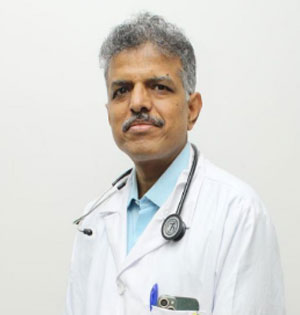

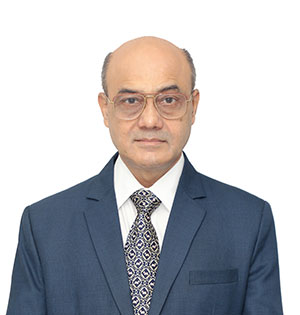
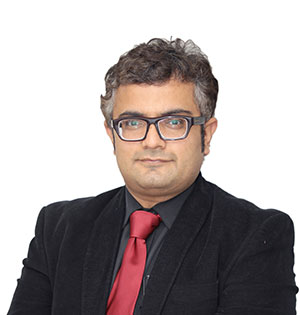

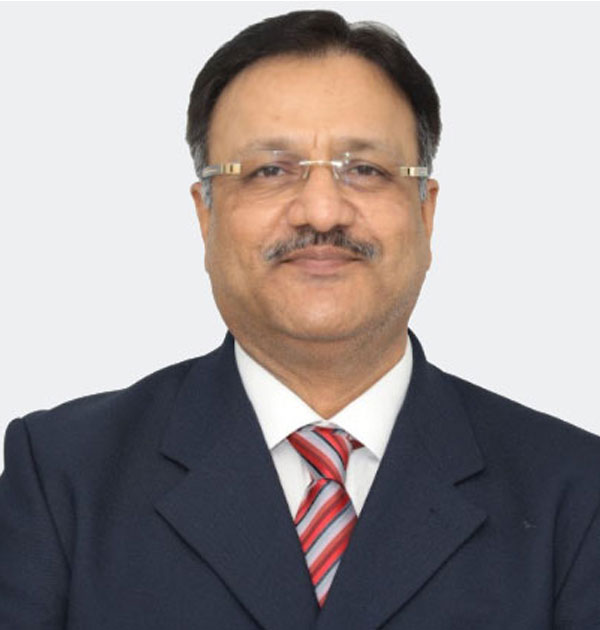
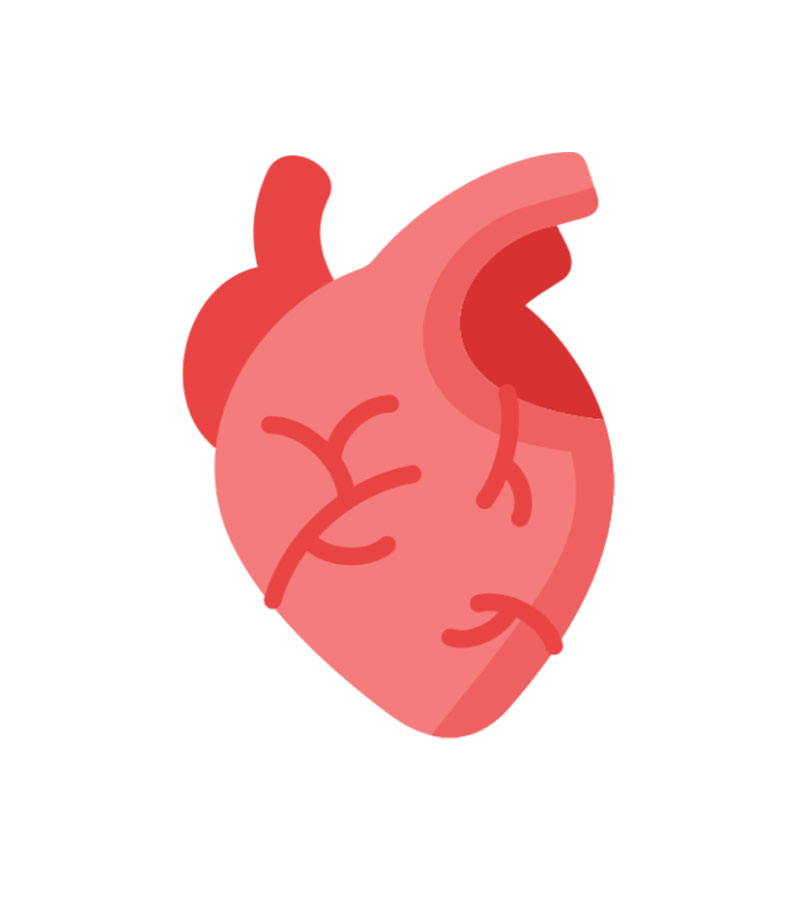

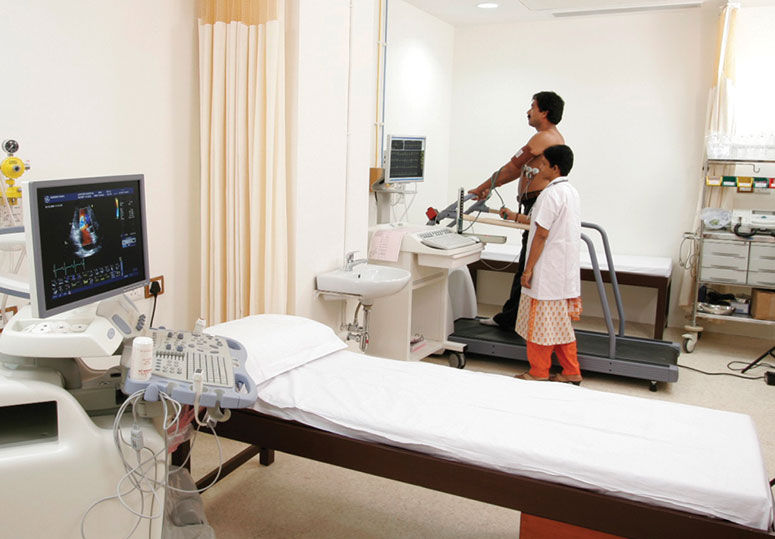
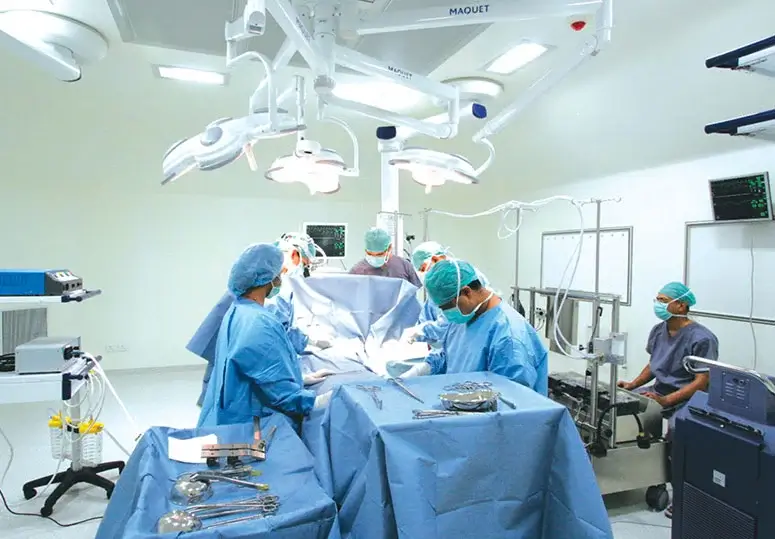

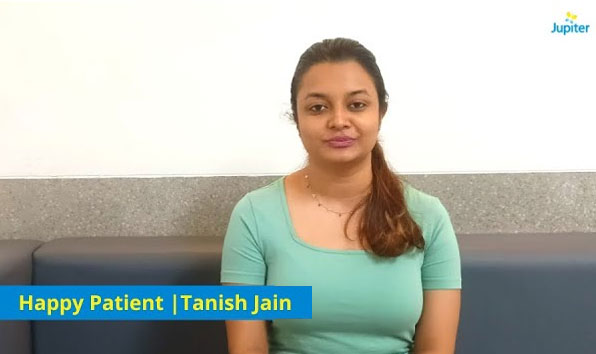







 Find a Doctor
Find a Doctor Health Checkup
Health Checkup Book an Appointment
Book an Appointment